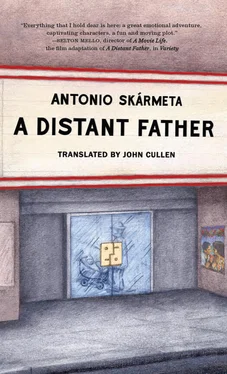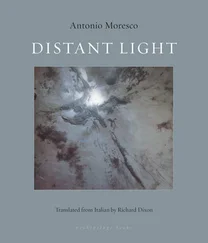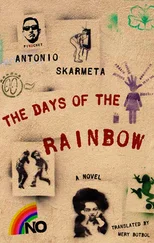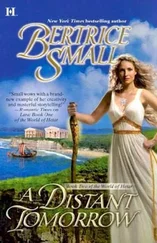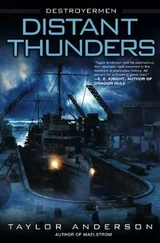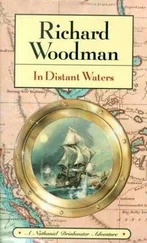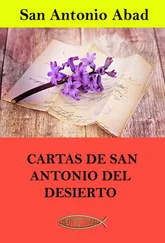Antonio Skarmeta
A Distant Father
I’m the village schoolmaster. I live near the mill. Sometimes the wind covers my face with flour.
I’ve got long legs, and nights of insomnia have stamped dark rings under my eyes.
My life is made up of rustic elements, rural things: the dying wail of the local train, winter apples, the moisture on lemons touched by early morning frost, the patient spider in a shadowy corner of my room, the breeze that moves my curtains.
During the day, my mother washes enormous sheets, and in the evening we drink lemon balm tea and listen to radio plays until the signal gets lost among the dozens of Argentine stations that crowd the dial at night.
My village, Contulmo, is smaller than the neighboring town of Traiguén. Before going to the capital to get my teaching degree, I finished high school in Angol, a town much larger than Traiguén. While I was there, I was diagnosed with acute anemia, which the doctors treated by prescribing Scott’s Emulsion and injecting bracing shots of cod liver oil into my arms.
A nurse in the hospital initiated me into the vice of smoking cheap cigarettes, and in order to support this habit — which wound up giving me bronchitis — I’ve had to find a second job.
The work is very modest and very infrequent. Once a week, a truck comes to pick up the sheets my mother washes for the hotel in Angol, and I consign to the driver some translations of French poems that the editor of the Angol newspaper publishes in the Sunday supplement.
My dad is French. He went back to Paris a year ago, when I returned to Contulmo after completing my studies at the teachers’ college.
I got off the train and he climbed on.
He kissed my cheeks desperately. My mother was on the platform too, dressed in mourning. My return home has never compensated for my father’s absence. He used to sing French songs—“J’attendrais,” “Les feuilles mortes,” and “C’est si bon.”
And besides, he knew how to bake loaves of crispy bread, baguettes, that were different from the local buns and soft breads. He also used to bring lemons and oranges to the market. Every day he’d pass by the mill to get some flour, and that was how he and the owner became friends. When Dad left, I wasn’t able to reproduce his skill in baking baguettes, but I’ve carried on his friendship with the miller.
He knows more about Dad than I do myself.
He knows more about Dad than my own mother does.
When Dad went away, my mother was suddenly extinguished, like a candle blown out by a gust of frosty wind.
Like her, I loved my father to the point of madness. And I too wanted him to love me back. But he was gone a lot. When he was home, he’d write letters at night on my old Remington portable typewriter and pile them up on the desk for me to hand on when the truck came to pick up the sheets. They were letters to his friends, he said. “Mes vieux copains.”
Occasionally, when we’ve been drinking brandy, the miller drops some nugget of information, and so I always listen to him with great attention. But his trails lead nowhere. He keeps things quiet by talking about them. Or rather, he talks about things while keeping them quiet . It’s as though he had a secret pact with my father. Un jurement de sang .
When Pierre decided to leave, I was just about to graduate from the teachers’ college in Santiago. The week before I was to arrive in Contulmo, elementary school teaching certificate in hand, he told my mother that the cold climate of southern Chile cracked his bones, and that a ship was waiting for him in the harbor at Valparaíso.
I got off the train and he got on, boarding the very same car.
In southern Chile, the trains still belch smoke.
My father shouldn’t have left the same night I arrived. I didn’t even get a chance to open my suitcase and show him my diploma. My mother and I wept, both of us.
The texts I translate are simple. Things the people around here can understand. Poems by René Guy Cadou. Village verses, not cathedrals of words. By contrast, the Santiago press publishes monumental poems, verses chiseled in marble, rich with allusions to ancient Greece and Rome and meditations upon the eternity of beauty. In Santiago, El Mercurio prints such poems and accompanies them with illustrations of Paris and Rome. Below the text, in parentheses, the translator’s name appears.
Here in the provinces, beauty is never eternal.
Sometimes I include an original poem of my own in the envelope with my translations and ask the editor to consider publishing it. His response, though negative, is courteous, given that he never rejects my poems and never prints them either.
The first month of Dad’s absence nearly killed my mother. She’s never gotten over it completely. She’s merely convalescing. When I got a teaching post at Gabriela Mistral Elementary School, she livened up a little. There was even a trace of joy in her approval, because my new job meant I wouldn’t abandon the village like the Mapuche kids who left and wound up kneading dough in Santiago bakeries.
We got no letters from Dad. Which didn’t mean he hadn’t sent any. The thing is, mailmen don’t come to these villages, and asking the truck driver to inquire in the Angol post office whether there was any mail for her would have wounded my mother’s pride.
It really rains a lot here; I constantly have a cold. On a normal day, I teach children literature and history, and after school I harvest potatoes, lemons, and oranges, depending on the season.
Now and again, I fill a few baskets with apples and bring back flour from the mill. Cristián is an assiduous drinker of red wine, and his apron is eternally spattered with purplish stains. He always offers me a glass, which however I always decline. Drinking alcohol makes me sad.
Although I’m almost always sad, wine makes me sad in a different way. It’s as if a very deep solitude were entering my veins.
Ever since Dad went away, I want to die.
I devote most of my time to smoking and sharpening my Faber No. 2 pencils. I use them to correct my pupils’ compositions, and if there’s something I don’t like, I rub it out with the eraser on the pencil’s other end and suggest a better phrase.
The Remington’s actually a loan from the mayor, who let me have it so that I could make fair copies of my translations.
The children’s compositions are quite optimistic. Most of them begin by saying something like, “The day opens with the sun, which spreads its kind fingers over the field,” or “When the cock crows, dawn breaks and the shadows put on yellow robes.”
Only Augusto Gutiérrez stands outside the norm. For example, he writes, “The sun’s crowing bursts the cock’s eardrums.”
In math he’s a disaster. He’s repeating the previous year, and he’s the only boy in the class with a hint of mustache on his upper lip.
He has two sisters. On Sundays I go to the village square, buy some candied peanuts and a Bilz soda, and sit on a stone bench. When the sisters pass close to the bench, they burst into mocking laughter and I turn red.
Augusto Gutiérrez has thick eyeglasses and thin lips. He’ll be fifteen next Friday. He walks through the square carrying a volume by Rubén Dario. He knows by heart “The sea is lovely, Margarita, and a subtle scent of orange blossoms rides upon the breeze,” but he’s not so much interested in the Nicaraguan poet’s verses as he is in carrying on a man-to-man conversation with me.
Читать дальше
